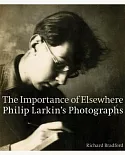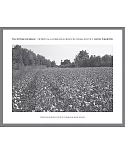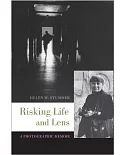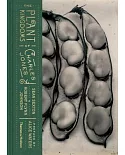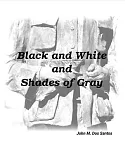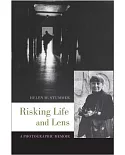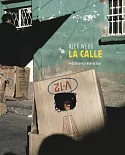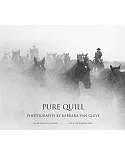Jim Dow’s American Studies presents a vision of America at once familiar and foreign; a country constantly reinventing itself visually, both discarding and preserving
elements of its past, in a relentless, unplanned process of change. In American Studies, Dow gives us unpeopled spaces, each resonating with a unique and telling
history. A landscape, for Dow, is fashioned by ordinary individuals leaving their mark on their surroundings through everyday acts, unconscious of the enduring effect these
changes have on our world. Our signs and billboards, barbershops, office buildings, libraries, pool halls, private clubs, courthouses, and motels—these places belong to a world
made primarily by and for American men, and are naturally imbued with that identity.
Obsessive by nature, once praised as “dumb, in the honorific sense of the word,” Dow takes photographs that depict how Americans purposefully create environments and
transform their aesthetic power—spiritually, historically, and sometimes commercially. His method has evolved from an early black and white directness, deeply influenced by
photography greats Harry Callahan and Walker Evans, to richly detailed color studies of American vernacular culture. In these beautifully realized images, made in every corner of
the United States over nearly 40 years of American travel, Dow catalogs aspects of American culture that are seemingly commonplace yet always astonishingly unique.


